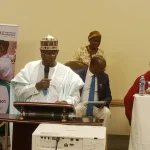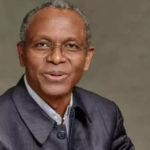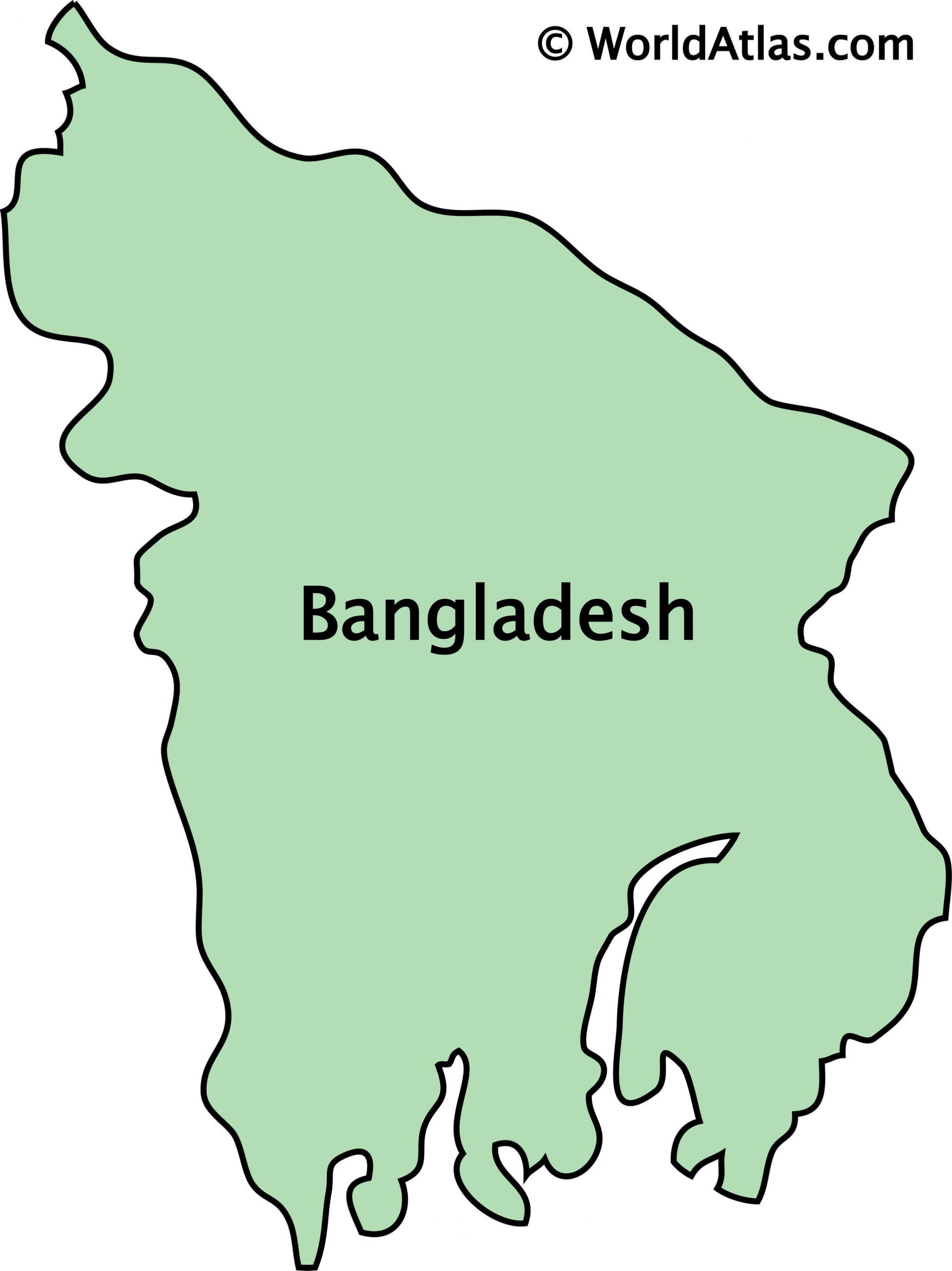The Federal Government has announced ongoing efforts to facilitate the voluntary return of 15,000 Nigerians currently stranded in Cameroon, Niger, Chad, and other parts of the world.
The initiative aims to ensure their repatriation is carried out with safety and dignity.
Federal Commissioner of the National Commission for Refugees, Migrants and Internally Displaced Persons, Alhaji Tijani Ahmed, disclosed this during a media briefing held on Friday in Abuja.
He revealed that Nigeria is also home to no fewer than six million internally displaced persons, while thousands of refugees of Nigerian origin reside abroad.
“We have 15,000 Nigerians that want to return to the country voluntarily and we also have not less than 100,000 foreigners living in this country as refugees. All these are the responsibilities of the commission, to give them support,” Ahmed stated.
He commended President Bola Tinubu for the continued support to the commission and the Ministry of Humanitarian Affairs, noting that the government is committed to ensuring the safe return and reintegration of displaced persons.
Ahmed also announced that Nigeria will host the first thematic meeting of the Rabat Process under its chairmanship. The event, scheduled for May 13 and 14, will draw over 100 delegates from 57 partner countries and will focus on the theme: “Youth, Innovation and Education: Driving the Future of Migration.”
Highlighting the significance of Nigeria’s leadership in the Rabat Process—a Euro-African dialogue on migration and development—Ahmed said, “Membership in these platforms provides opportunities for knowledge transfer and better migration management. Nigeria’s leadership in the Rabat Process is seen as an advantage, despite its being a one-year term.”
He also outlined persistent challenges in managing migration, including the urgent need to educate youths about the dangers of irregular migration and the importance of using legal pathways.
“There is a need to educate migrants about the consequences of irregular migration, including negative outcomes. The focus should be on advocating for legal migration pathways to reduce the number of irregular migrants,” Ahmed emphasized.
He called for increased advocacy, collaboration, and media support in promoting better migration governance, stressing that irregular migration often results in significant risks and hardships for those involved.











